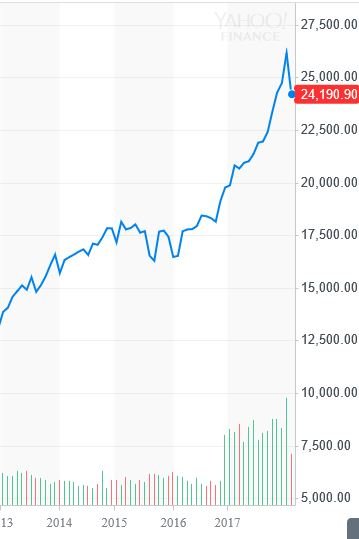JoeWras
Give me a museum and I'll fill it. (Picasso) Give me a forum ...
- Joined
- Sep 18, 2012
- Messages
- 11,702
Agree. I've been waiting for this "unstable bottle" to topple over.Hence the snowball. It’s like a game of musical chairs.
Personally I’m glad to see a big shake up and get some of that complacency removed, and get a little fear into those inexperienced investors.
Although 2008-09 seem like yesterday to many of us, the fact is that a whole new class of investor has joined in since and they haven't seen a correction or bear. Additionally, many of us have amnesia. We need a booster shot.
This is also the first good test of the new class of robo-adviser investors. Reading about how markets work is different than experiencing it.
For me, it was '87. It was the first time I had recurring money in the market (401k), and I have to say, '87 was quite a shock.


